Have you ever looked into your cat’s eyes and felt like they just get you? It’s not your imagination—cats have a way of sensing our moods and responding in ways that can be downright astonishing. Whether you’re going through a rough patch, celebrating a win, or just lounging on the couch after a long day, cats somehow know how to be there for you. Their silent support, gentle nudges, and even their mischievous antics reveal a deep emotional connection that many pet lovers swear is unlike any other. Let’s dive into twenty moments that show just how emotionally attuned our feline friends truly are.
When They Sense Your Sadness and Stay By Your Side

Cats have an uncanny ability to pick up on human emotions, especially when we’re feeling down. Many cat owners have shared stories of their pets curling up next to them during sad times, offering silent comfort without being asked. Unlike dogs, who may try to lick away your tears or jump into your lap, cats often opt for a quieter approach, simply sitting close enough to offer warmth and presence. Their gentle purring seems to vibrate right through you, almost like a lullaby for the soul. Some say this purring is their way of healing both themselves and us, acting like a living, breathing comfort blanket. It’s almost as if your cat knows that sometimes, words aren’t necessary—just being there is enough. This quiet companionship can feel incredibly reassuring, especially when you need it most.
How They React to Your Laughter and Good Moods
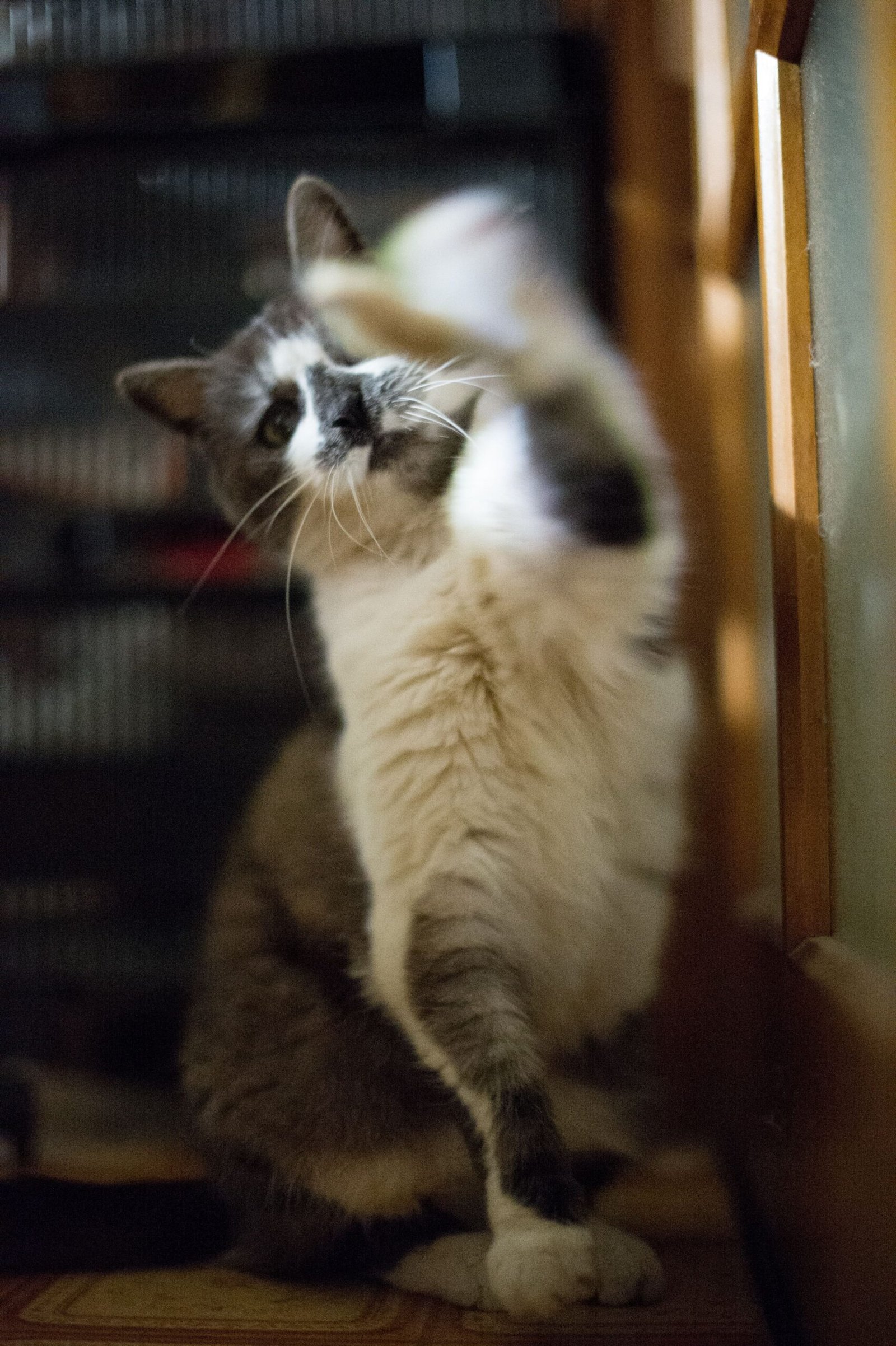
It might sound surprising, but cats can sense when you’re in a good mood too. They pick up on the energy in the room—your laughter, your movement, your lighter tone of voice. Ever notice your cat suddenly getting the zoomies or wanting to play when everyone’s happy? It’s not a coincidence. Cats seem to mirror our moods, joining in the fun with their own silly antics. Maybe they chase a toy, flop dramatically in the middle of the floor, or do that hilarious sideways hop. Their playful energy ramps up when they sense joy, as if they want to be part of the celebration. It’s proof that their emotional radar works both ways—they want to share in the good times just as much as the bad.
When They Comfort You During Illness
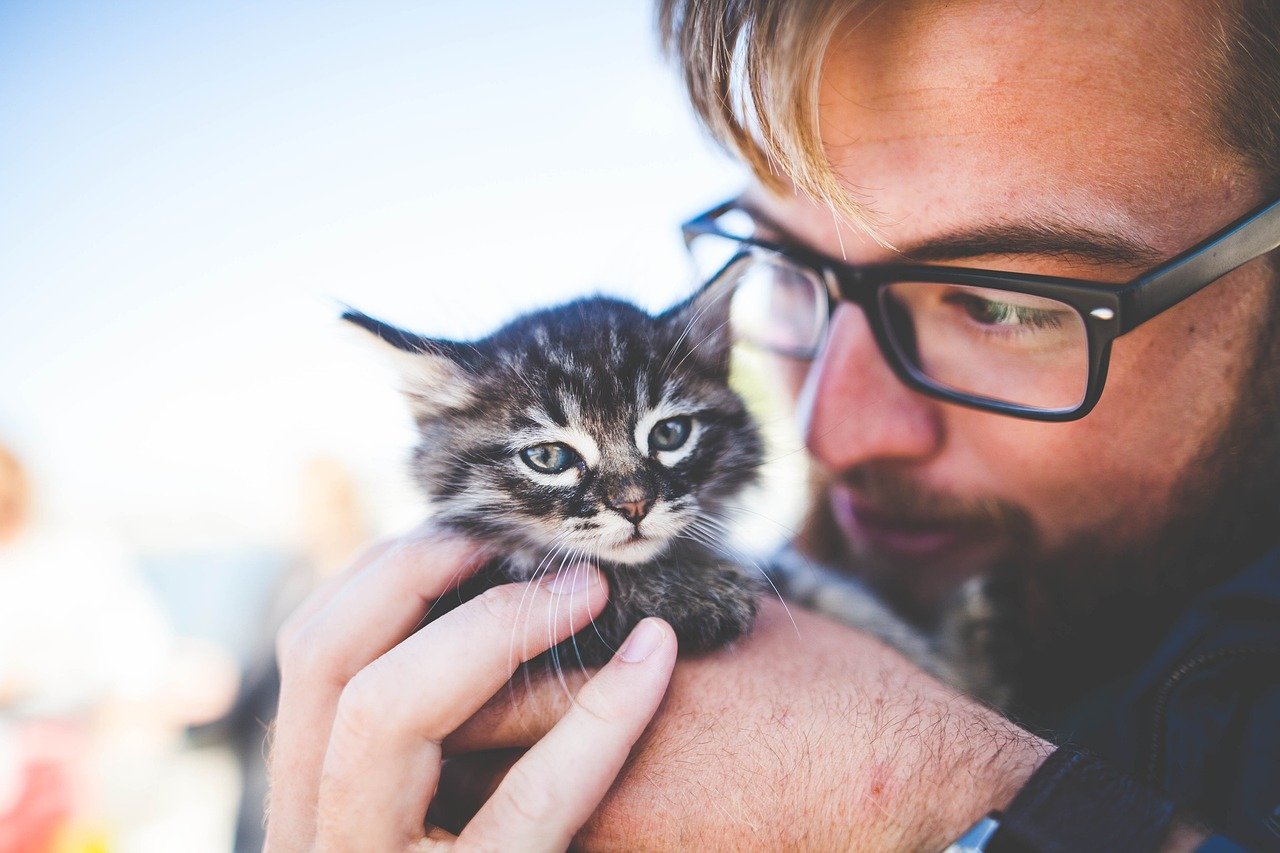
Many people have experienced their cats acting differently when they’re sick. Cats will often stay by your side when you’re bedridden, sometimes for hours on end. Some even bring you “gifts,” like their favorite toy, as if to help you feel better. Cats seem to know when you need extra care and become gentler, quieter, and more attentive. Their presence can be incredibly soothing, providing a sense of calm and companionship that medicine alone can’t offer. It’s almost as if they’re little furry nurses, silently watching over you until you’re back on your feet. This nurturing behavior is a strong reminder that cats are emotionally in tune with their humans in ways that go far beyond basic instincts.
When They Detect Your Stress and Try to Distract You
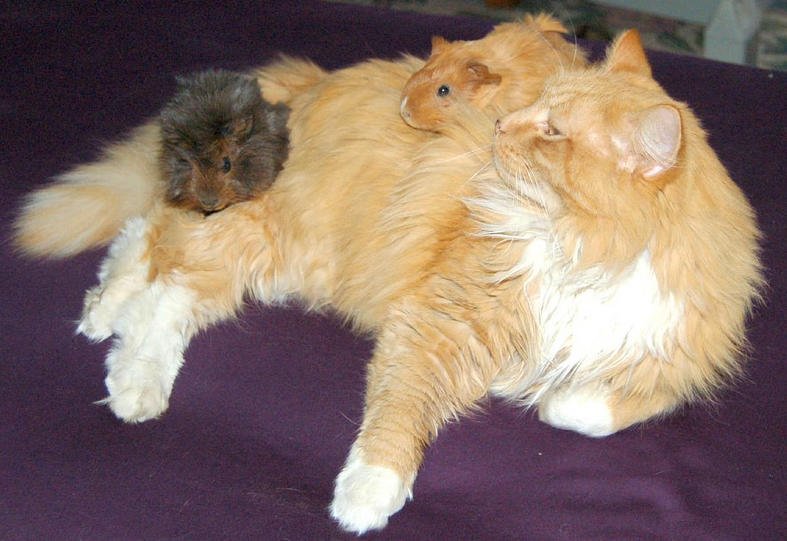
Life can be overwhelming, and cats seem to know when you’re feeling the pressure. If you’re pacing, sighing, or just generally tense, your cat might jump in your lap, rub against your legs, or even start a playful game. It’s their way of saying, “Hey, take a break.” Some cats will bring you their favorite toy or chase after a rolling ball, hoping you’ll join in. Their antics can be so unexpected and funny that you can’t help but laugh, even just a little. It’s as if they’re trying to disrupt your stress cycle and bring you back to the present moment. Their natural curiosity and playfulness become the perfect remedy for a stressful day.
How They Notice Your Absence and Greet You at the Door
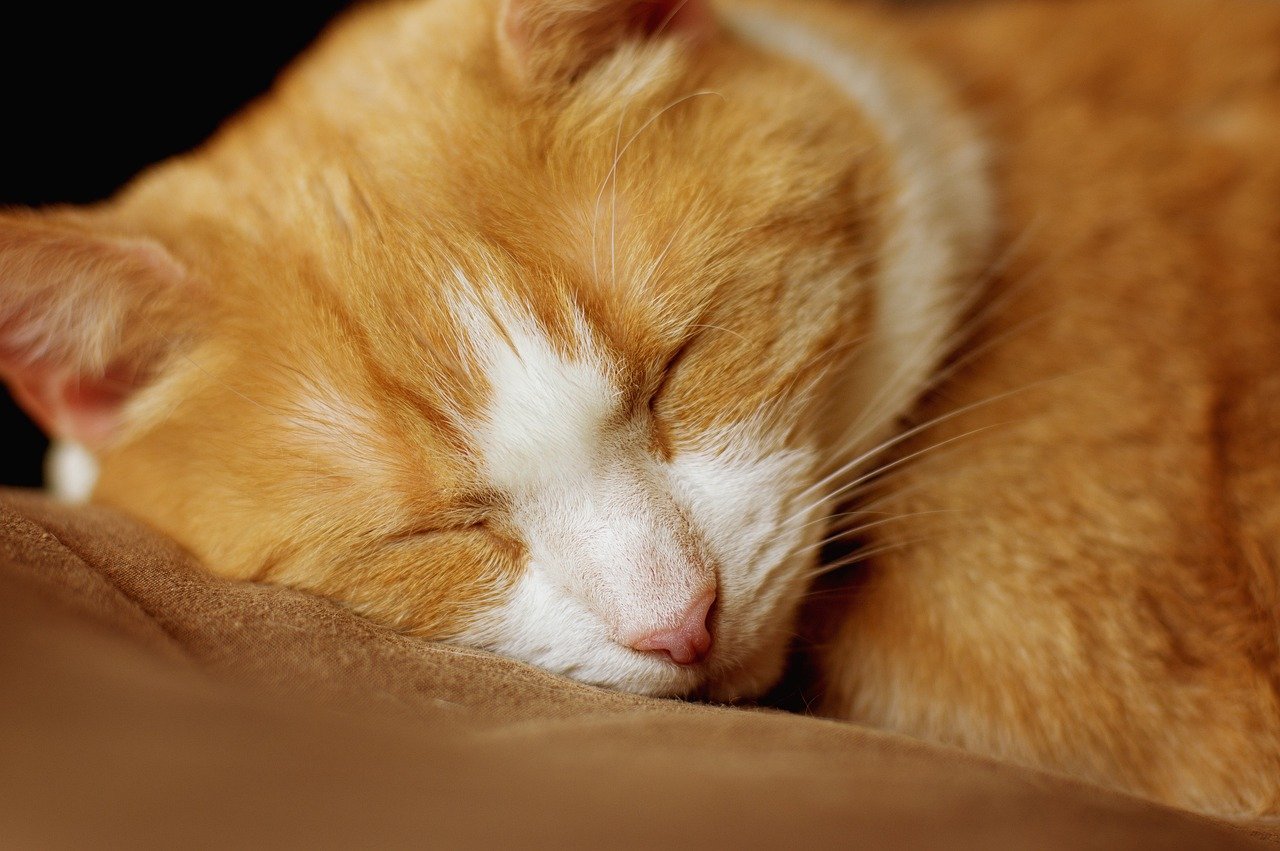
Cats are often stereotyped as aloof, but any cat owner knows they can be incredibly attentive to our comings and goings. Many cats will wait by the door when you’re due home, sometimes even meowing or pacing. Their excitement is clear when you walk in—they might rub against you, purr loudly, or do that adorable tail quiver. This greeting shows they missed you and are happy you’re back. It’s a small but powerful reminder that your presence matters to them. The way they watch for you, sometimes even sitting in the window, proves just how emotionally connected they are to their humans.
When They Respond to Your Tears

Tears have a way of drawing cats in. Many people report that when they cry, their cats come running, meowing softly or rubbing their heads against them. These gestures can feel like a gentle reminder that you’re not alone, no matter how tough things get. Cats don’t panic when they see you upset—they just offer their quiet company, and sometimes, a soft paw on your lap. It’s as if they’re trying to say, “I see you, and I’m here for you.” Their calm, unhurried presence can be more comforting than any words could ever be.
When They Protect You from Strangers or Danger

It might surprise you, but some cats take on the role of protector when they sense something’s off. There are countless stories of cats hissing at unfamiliar people who visit their homes or placing themselves between their owners and a perceived threat. Some even keep a watchful eye on visitors, only relaxing once they’re sure everything is okay. This protective behavior suggests that cats pick up on subtle cues—body language, tone of voice, and even changes in routine. Their instincts kick in to keep their loved ones safe, even if it means bristling their fur or showing their claws. It’s a side of cats that’s fierce, loyal, and deeply caring.
The Way They Respond to Your Voice
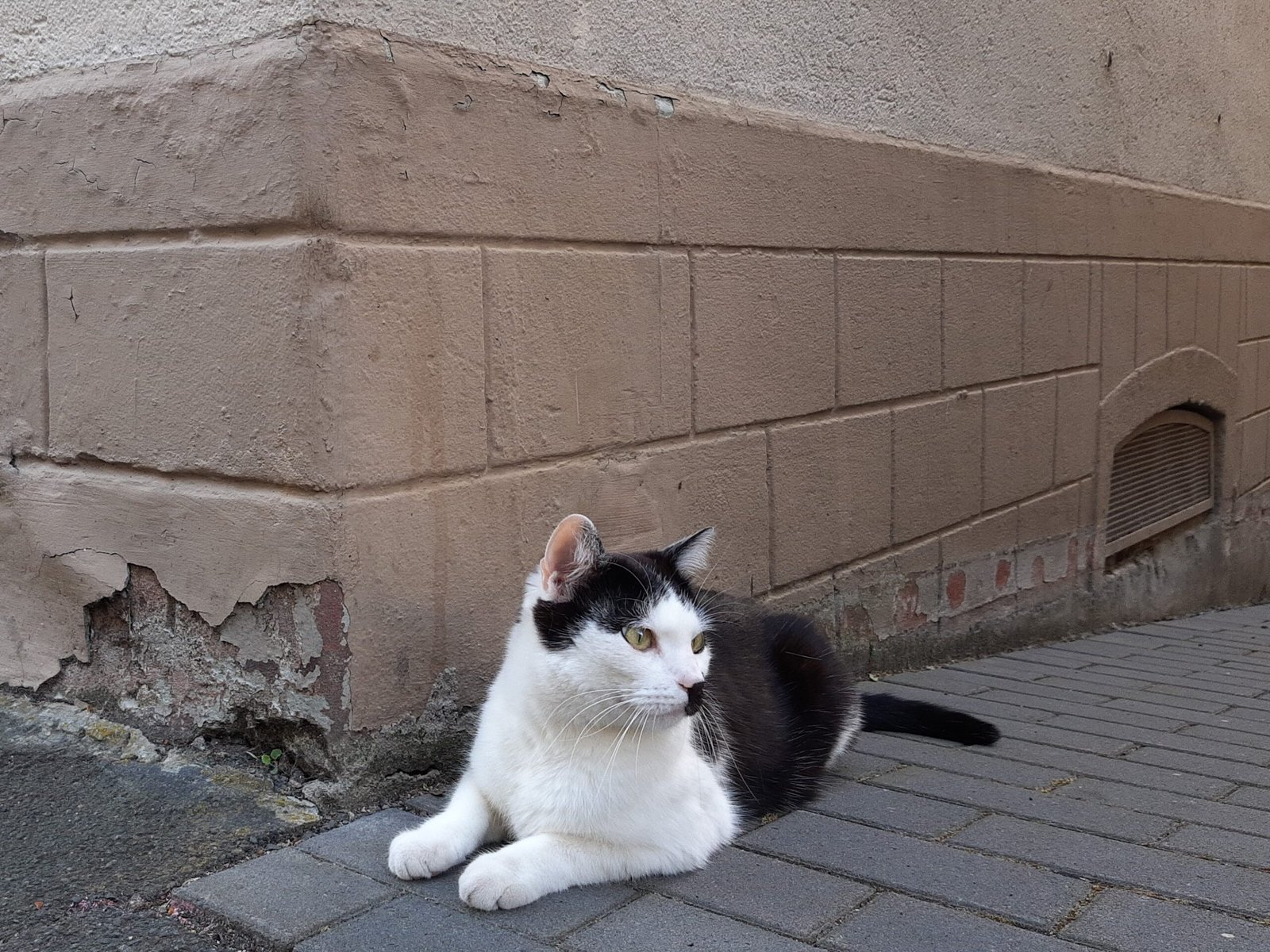
Cats are experts at reading tone of voice. They can tell when you’re calm, excited, upset, or playful just by how you speak. Say their name gently, and they’ll likely come running. Use a stern tone, and they might freeze or even hide. This sensitivity isn’t just about understanding commands—it’s about tuning into your emotional state. Some cats will start purring if you talk to them in a soothing voice, while others may meow back as if holding a conversation. Their ears twitch, their eyes widen, and their body language shifts in response to your words. It’s like having a friend who listens to every nuance in your voice.
When They Offer Physical Touch at the Right Moment

Physical touch from a cat can feel almost magical, especially when it comes at just the right time. Whether it’s a gentle headbutt, a paw on your hand, or a soft snuggle under your chin, these gestures can melt away stress and loneliness. Cats seem to know exactly when you need a little extra affection, appearing out of nowhere to curl up in your lap or nuzzle against your face. This physical closeness can be deeply comforting, reminding you that you’re not alone. It’s their way of bridging the gap between words and emotions, offering love in the simplest, purest form.
How They Adjust Their Behavior to Suit Your Mood
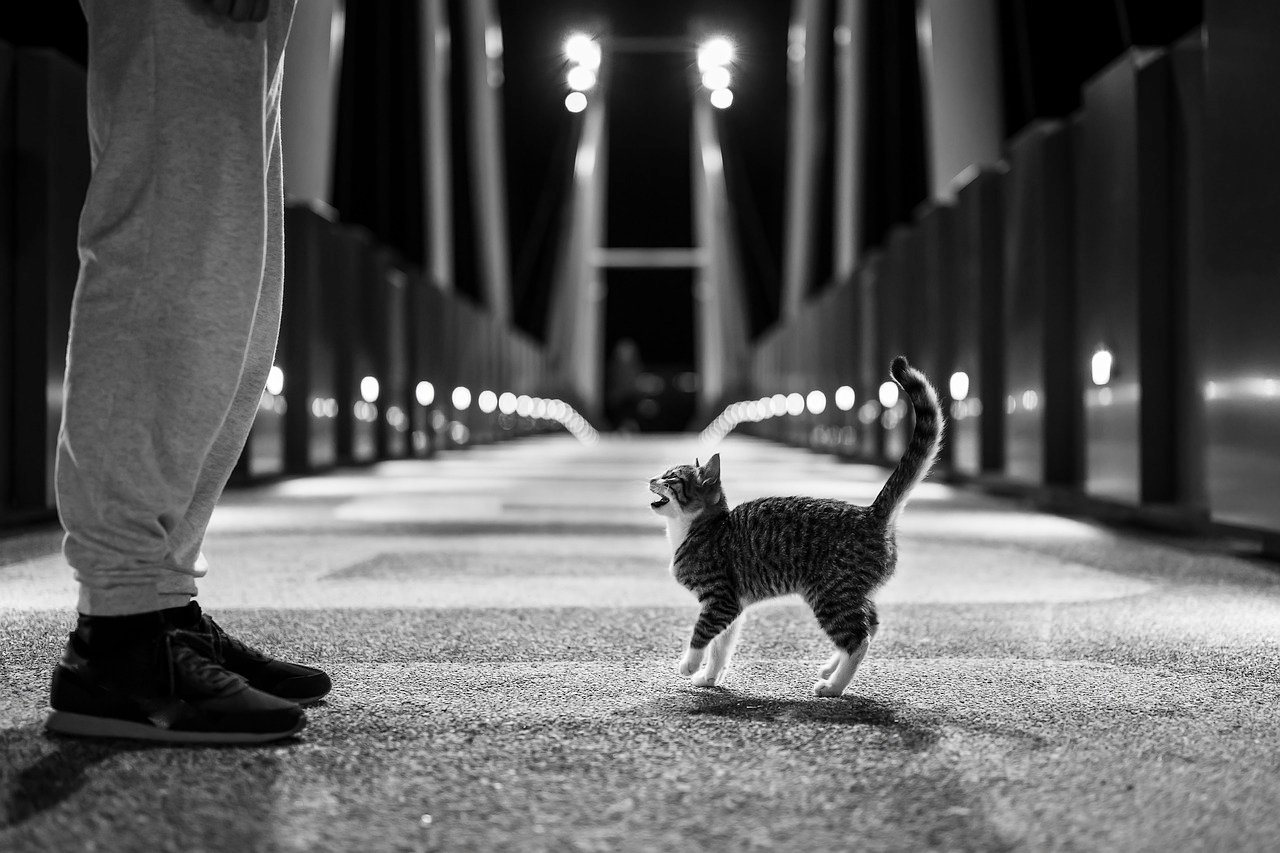
Cats are masters of observation. Over time, they learn your habits, routines, and emotional ups and downs. If you’re feeling low, they might tone down their energy, opting for quiet cuddles instead of wild play. On days when you’re upbeat, they match your energy with playful antics and curiosity. This ability to adjust their behavior shows a deep understanding of your emotional landscape. It’s like they have an internal barometer that helps them respond in just the right way. Their adaptability is part of what makes them such emotionally attuned companions.
When They Offer Solitude When You Need Space

Sometimes, the best thing anyone can do for you is give you space. Cats seem to instinctively understand this need. If you’re overwhelmed or need time alone, your cat will often retreat quietly, giving you room to breathe. They don’t take it personally; instead, they wait patiently for you to be ready for company again. This respect for your boundaries is rare in the animal world and speaks to their emotional intelligence. When you’re ready, they’ll be there, ready to pick up right where you left off.
How They Celebrate Joyful Moments With You

Cats might not throw parties, but they definitely join in your happy moments. When you’re excited or celebrating, your cat senses the shift in energy and often joins in the fun. They might run around the house, roll on their backs, or chirp excitedly. It’s almost as if they’re saying, “I’m happy because you’re happy!” Their enthusiasm can make good times feel even better. Sharing these joyful moments with your cat adds another layer of connection and reminds you that happiness is best when shared.
When They Recognize Changes in Your Routine
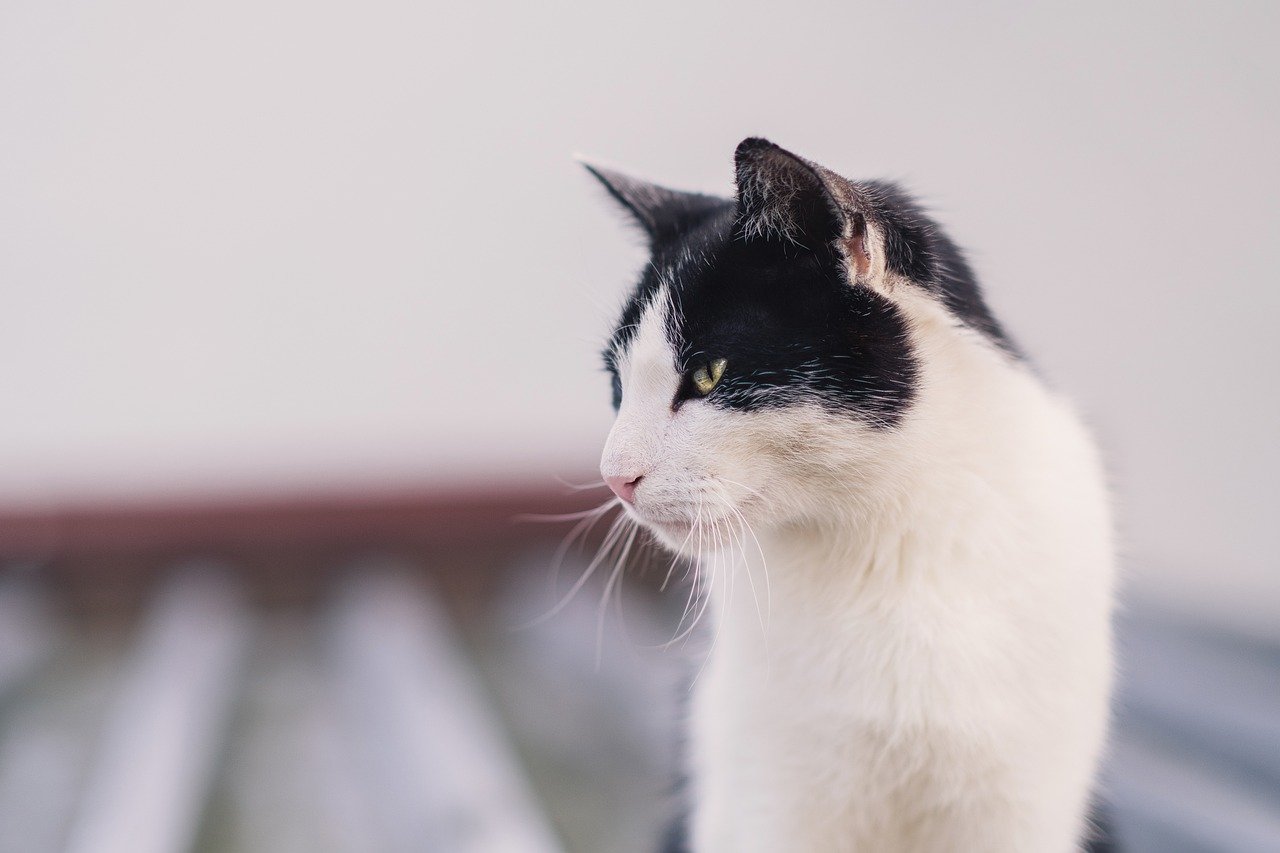
Cats are creatures of habit, but they’re just as tuned in to your routines as their own. If you start coming home later, sleeping more, or acting differently, your cat will notice. They might become more attentive, follow you around, or act out in subtle ways to get your attention. This awareness shows they’re not just passive observers—they’re active participants in your life. Their ability to notice and respond to changes in your routine is a clear sign of their emotional attunement.
How They React to Arguments or Tension in the House
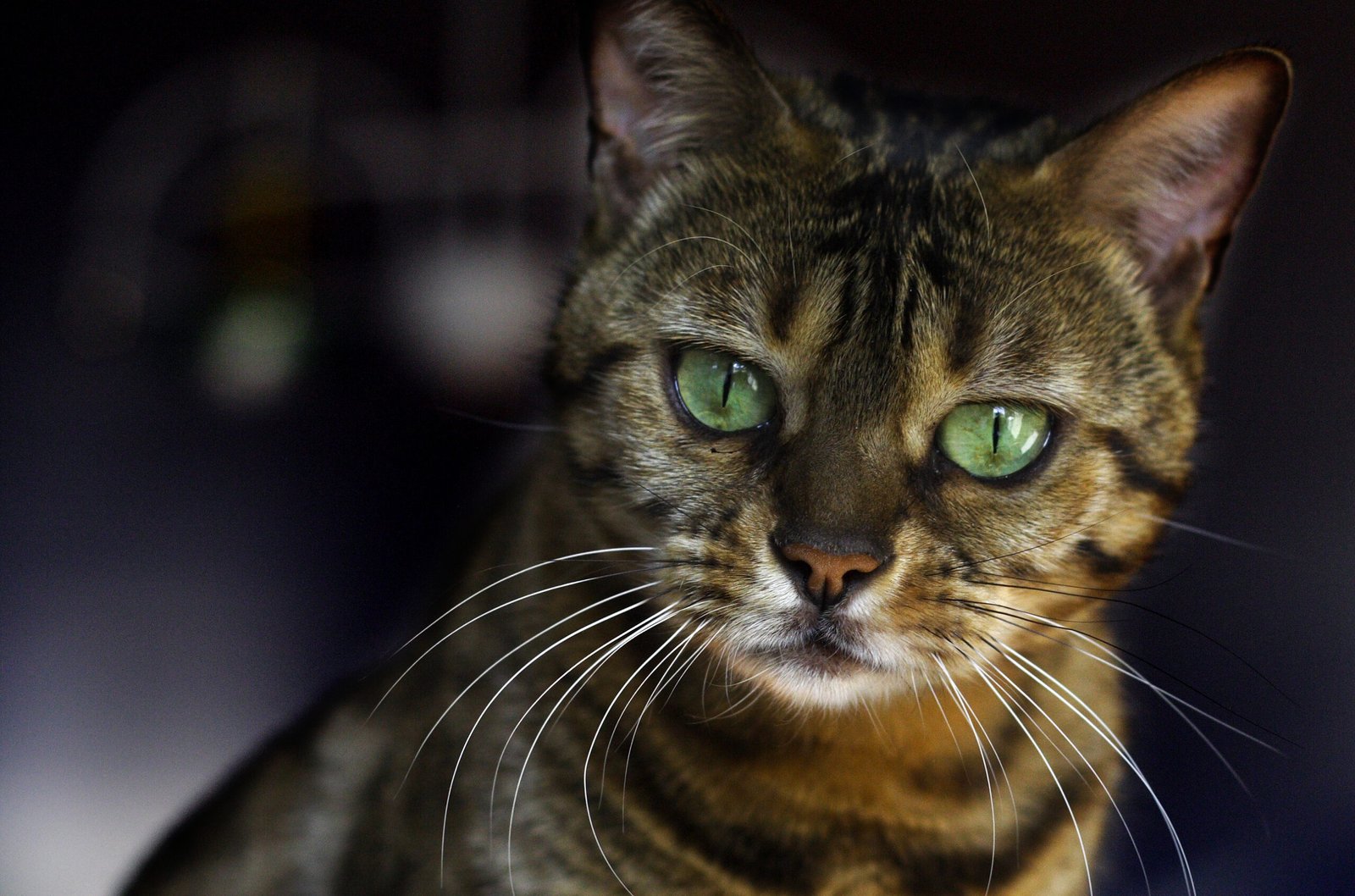
Household tension doesn’t go unnoticed by cats. If there’s an argument or raised voices, cats often become more alert or anxious. Some may try to mediate by placing themselves between people, while others might hide until the atmosphere calms down. Their reactions show they’re sensitive to conflict and want peace restored. Afterward, they might seek you out for comfort or reassurance, purring softly or sitting close by. This ability to read the room and respond appropriately is yet another example of their emotional intelligence.
When They Support You During Big Life Changes
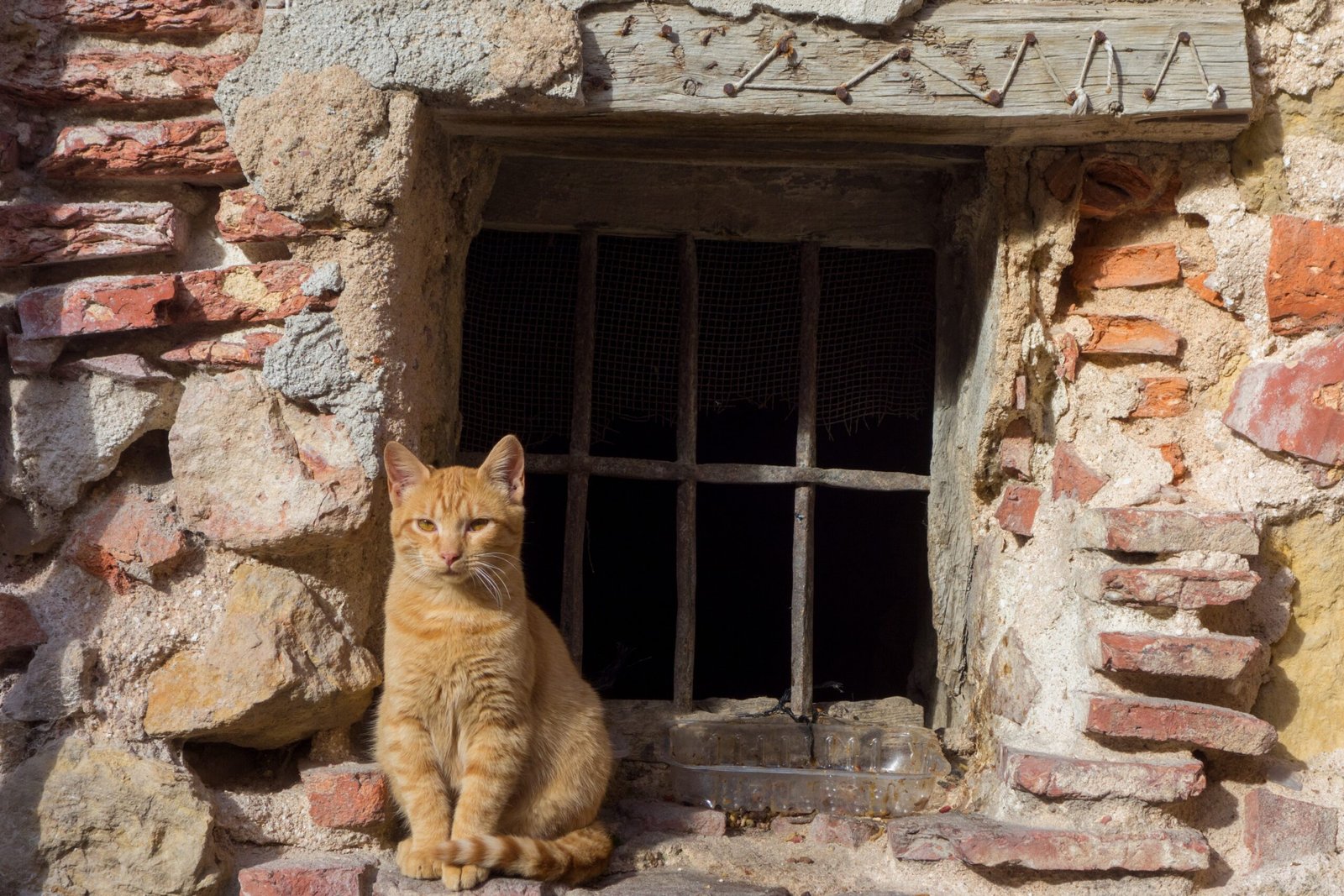
Major life events—moving houses, new jobs, breakups, or loss—can be tough. During these times, cats often become more attached, sticking close to your side and offering comfort. They might follow you from room to room or sleep on your bed every night. Their steady presence can be a lifeline during turbulent times. It’s almost as if they know you need extra support, and they’re determined to be there for you, no matter what.
How They Pick Up on Your Energy Before You Speak

Cats don’t need words to sense how you’re feeling. Sometimes, before you even say anything, your cat will react—slowing down, coming closer, or acting more playful. This ability to pick up on energy and body language is part of what makes them so attuned to their owners. They seem to have a sixth sense for emotions, responding to shifts in mood before you’ve even realized it yourself. It’s a remarkable skill that makes the bond between human and cat feel almost magical.
When They Help You Cope With Loneliness
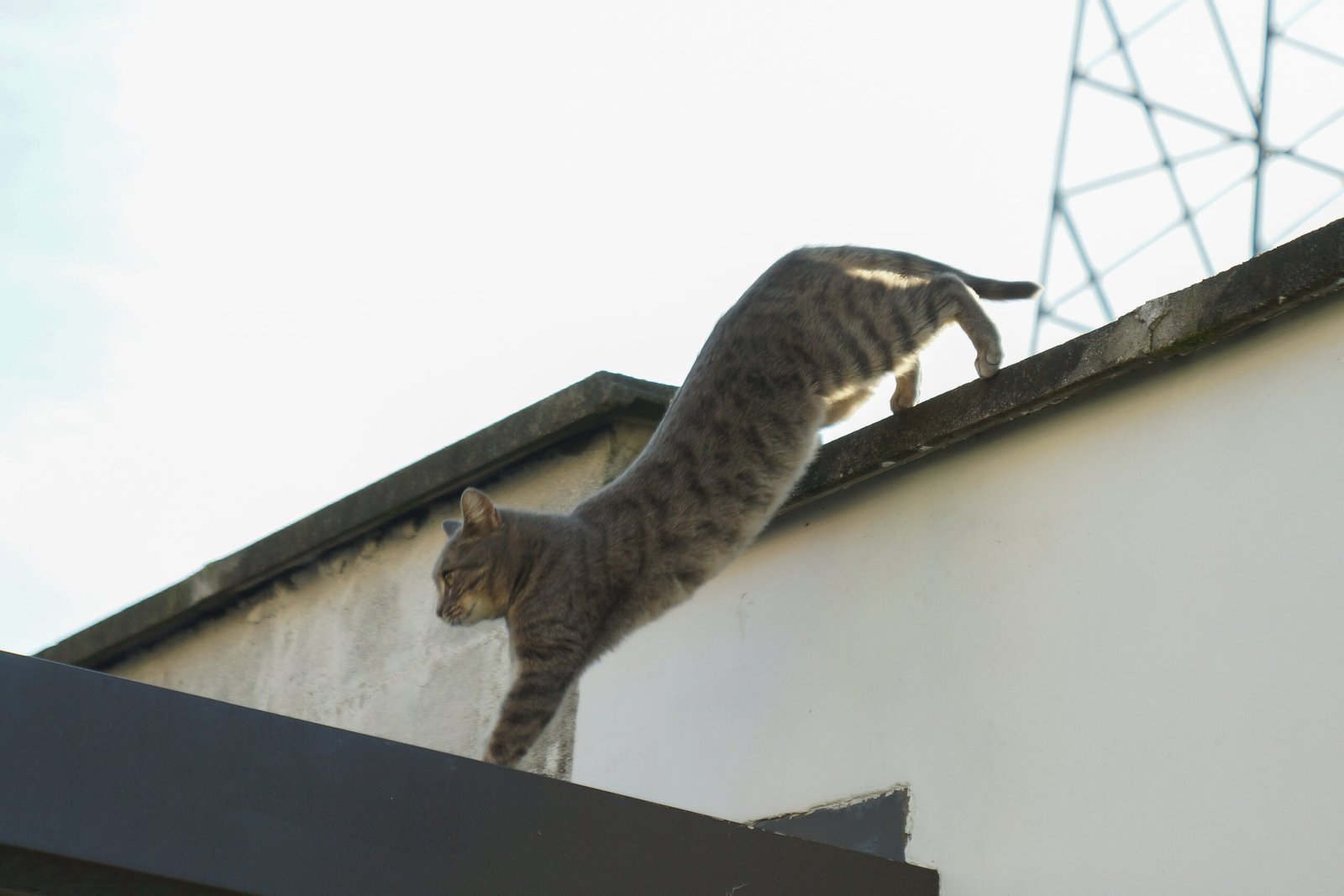
Loneliness can creep up on anyone, but with a cat around, you’re never truly alone. Cats offer silent companionship, filling the quiet moments with their presence. They might curl up next to you while you read, watch TV, or work at your desk. Their soft purring and gentle movements create a sense of comfort and connection. For many, their cat becomes a trusted confidant, always there to listen—without judgment or interruption. It’s a simple, profound way that cats help us feel less isolated.
How They Soothe Anxiety With Their Purring
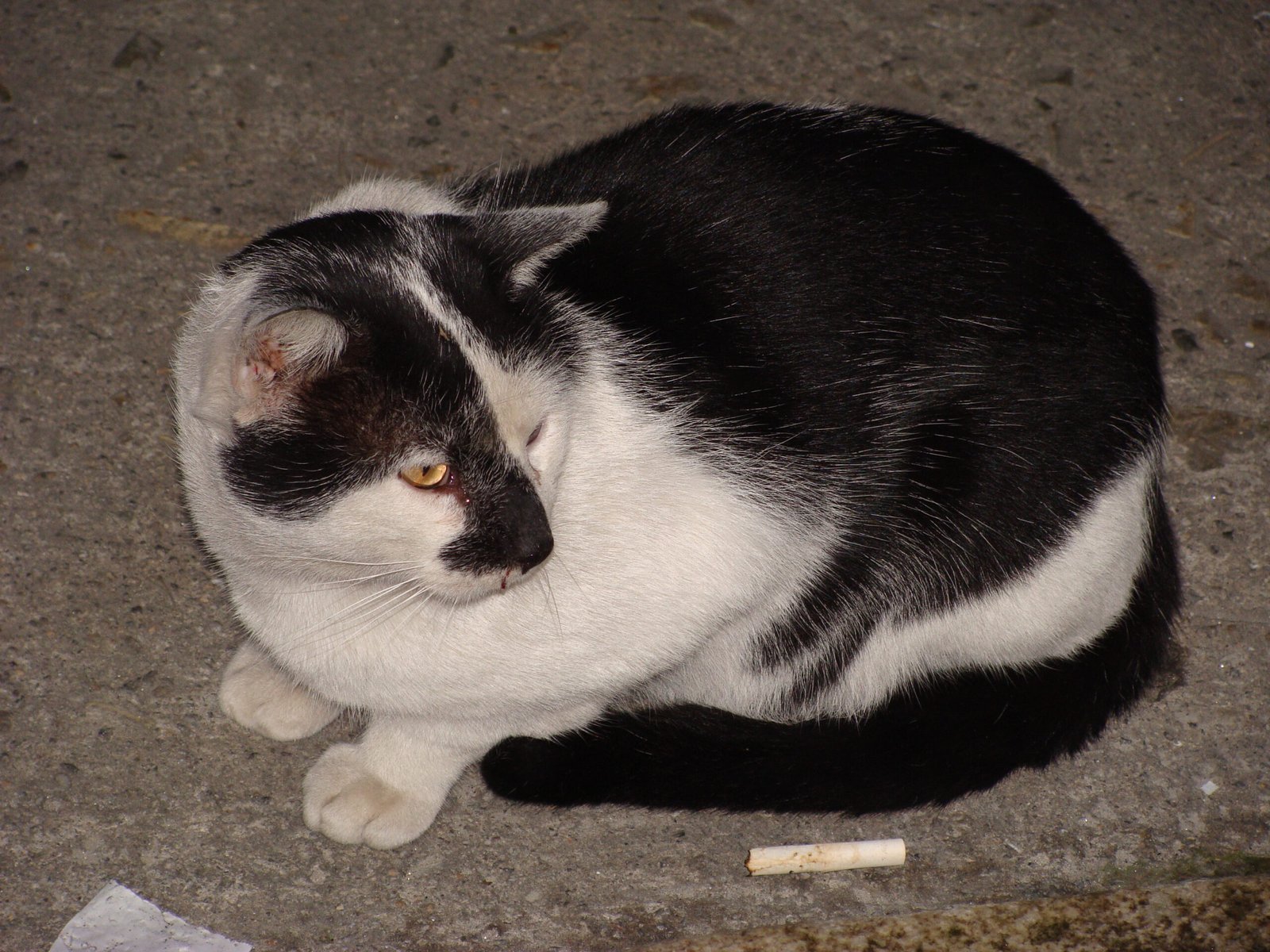
There’s something almost hypnotic about the sound of a cat purring. Studies have shown that the vibrations of a cat’s purr can lower stress and promote healing, but on a personal level, it just feels good. When anxiety strikes, having a cat purr in your lap is like having a living, breathing stress ball. The rhythmic sound and gentle vibration can calm your nerves and slow your racing thoughts. It’s one of the most natural forms of therapy, delivered by your feline friend without fanfare or fuss.
When They Become Extra Affectionate After You’ve Been Away
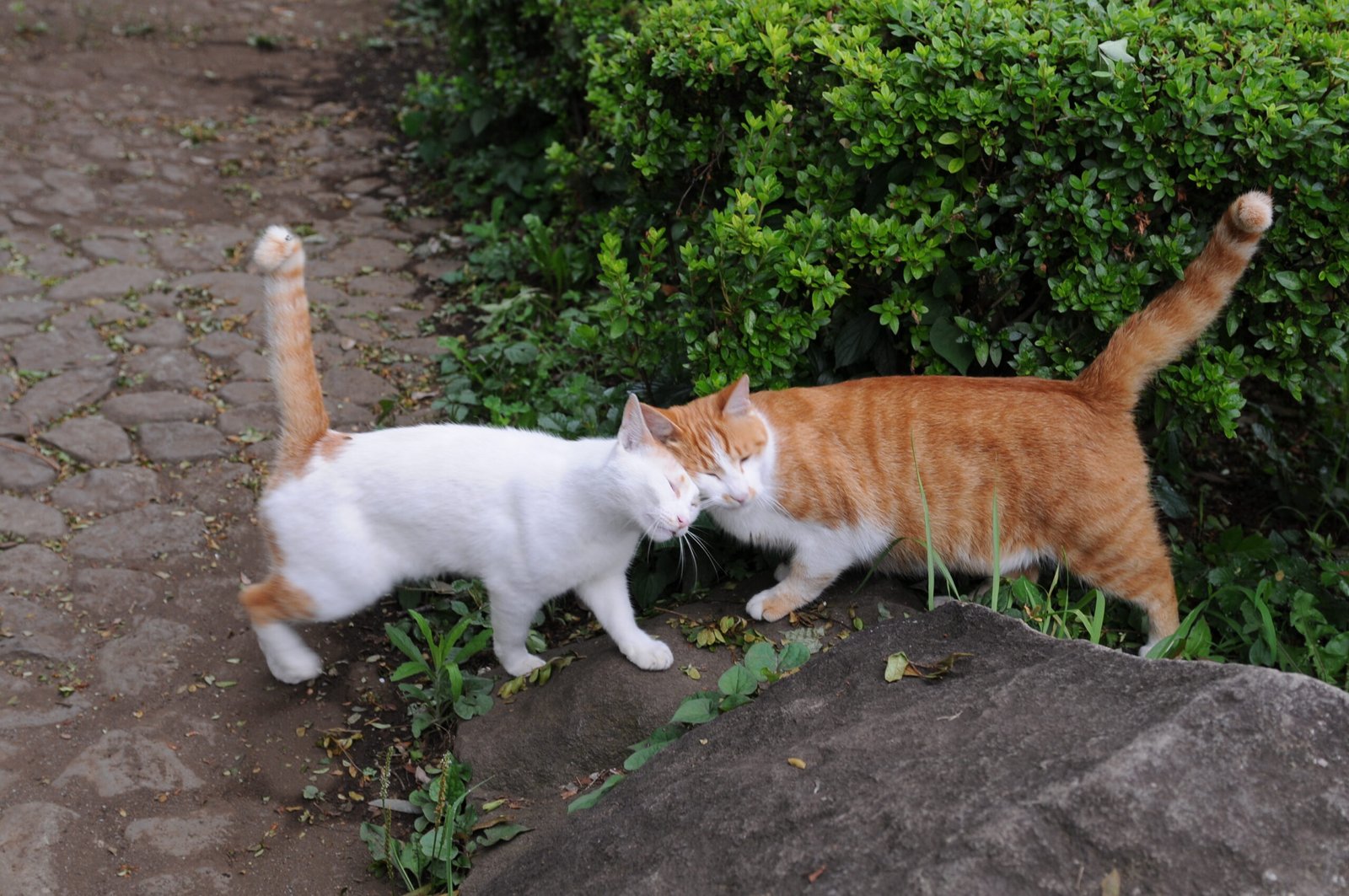
If you’ve ever gone on vacation or been away for a while, you know the special greeting that awaits you when you return. Cats may act aloof at first, but soon enough, they’re rubbing against you, purring, and following you from room to room. It’s their way of saying they missed you and are glad you’re back. This burst of affection shows just how much they value your presence. Even the most independent cats have a soft spot for their humans, and these reunions prove it.
When They Comfort Other Pets or Family Members

Cats’ emotional attunement isn’t limited to humans—they’re sensitive to the feelings of other pets and family members too. If another animal in the house is sick or upset, cats often become gentler, sitting close or grooming their furry companions. They might snuggle up to a crying child or follow a stressed-out family member around the house. Their nurturing behavior shows a capacity for empathy that’s truly remarkable. It’s as if they’re the emotional glue holding the household together, always ready to offer comfort where it’s needed most.
Hi, I’m Bola, a passionate writer and creative strategist with a knack for crafting compelling content that educates, inspires, and connects. Over the years, I’ve honed my skills across various writing fields, including content creation, copywriting, online course development, and video scriptwriting.
When I’m not at my desk, you’ll find me exploring new ideas, reading books, or brainstorming creative ways to solve challenges. I believe that words have the power to transform, and I’m here to help you leverage that power for success.
Thanks for stopping by, Keep coming to this website to checkout new articles form me. You’d always love it!






